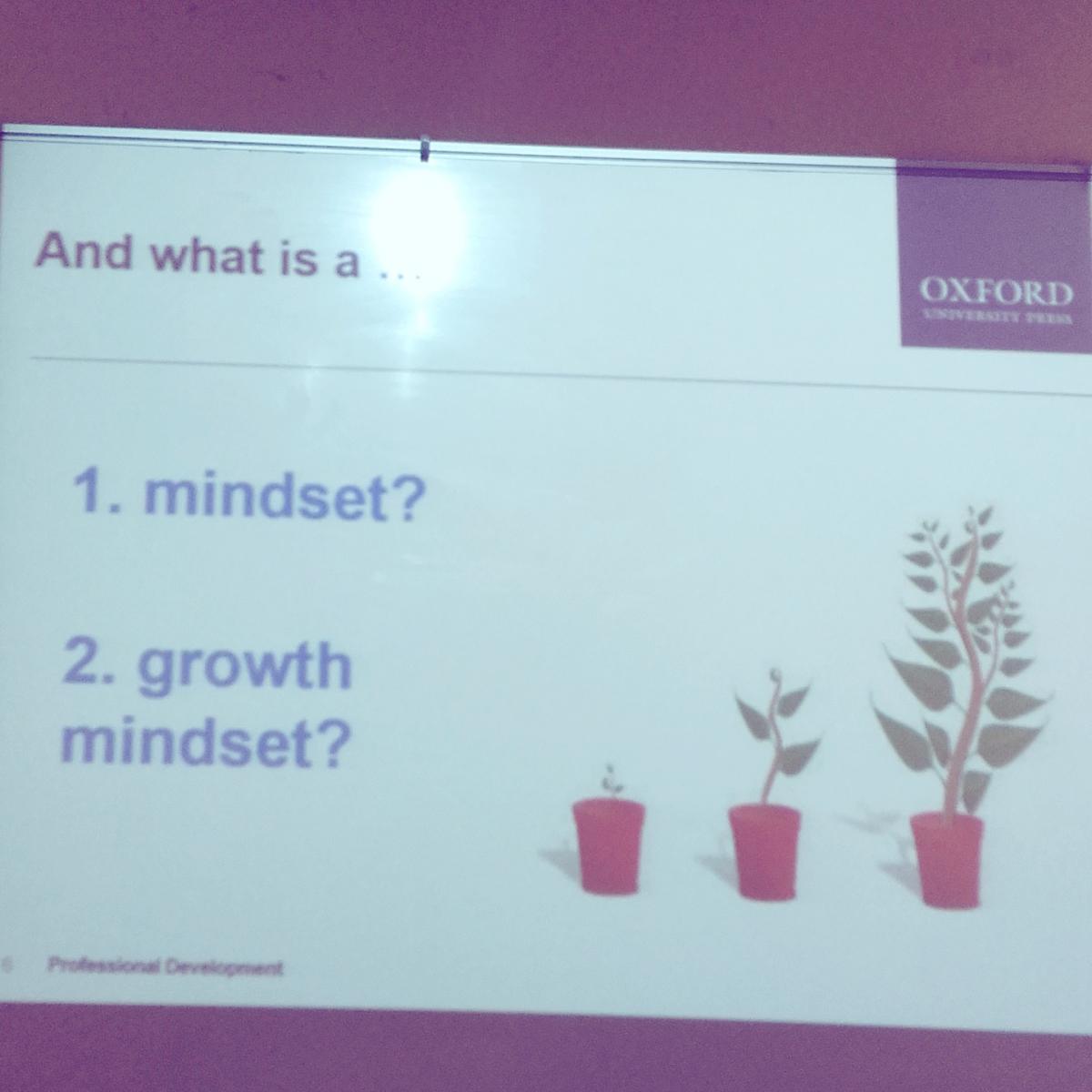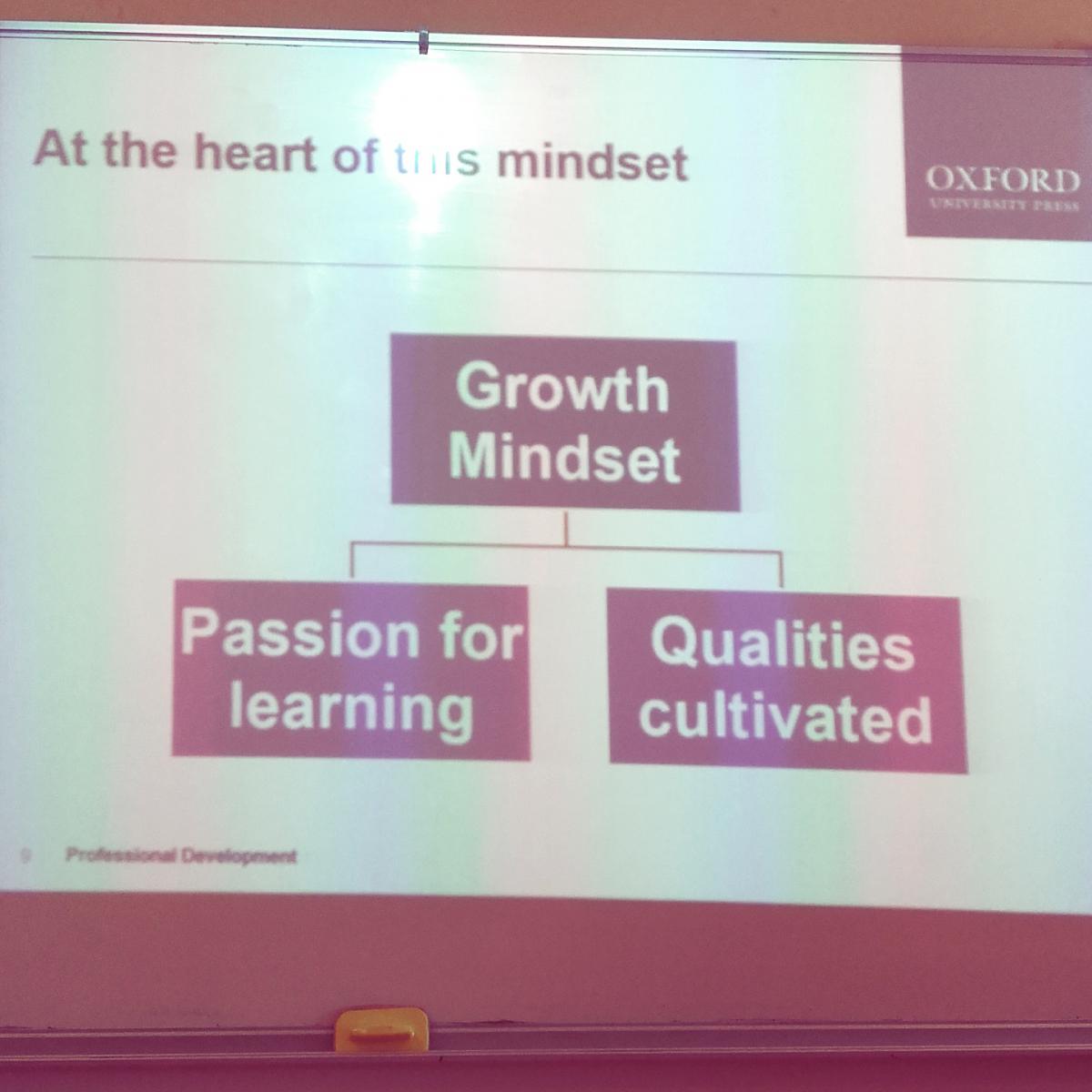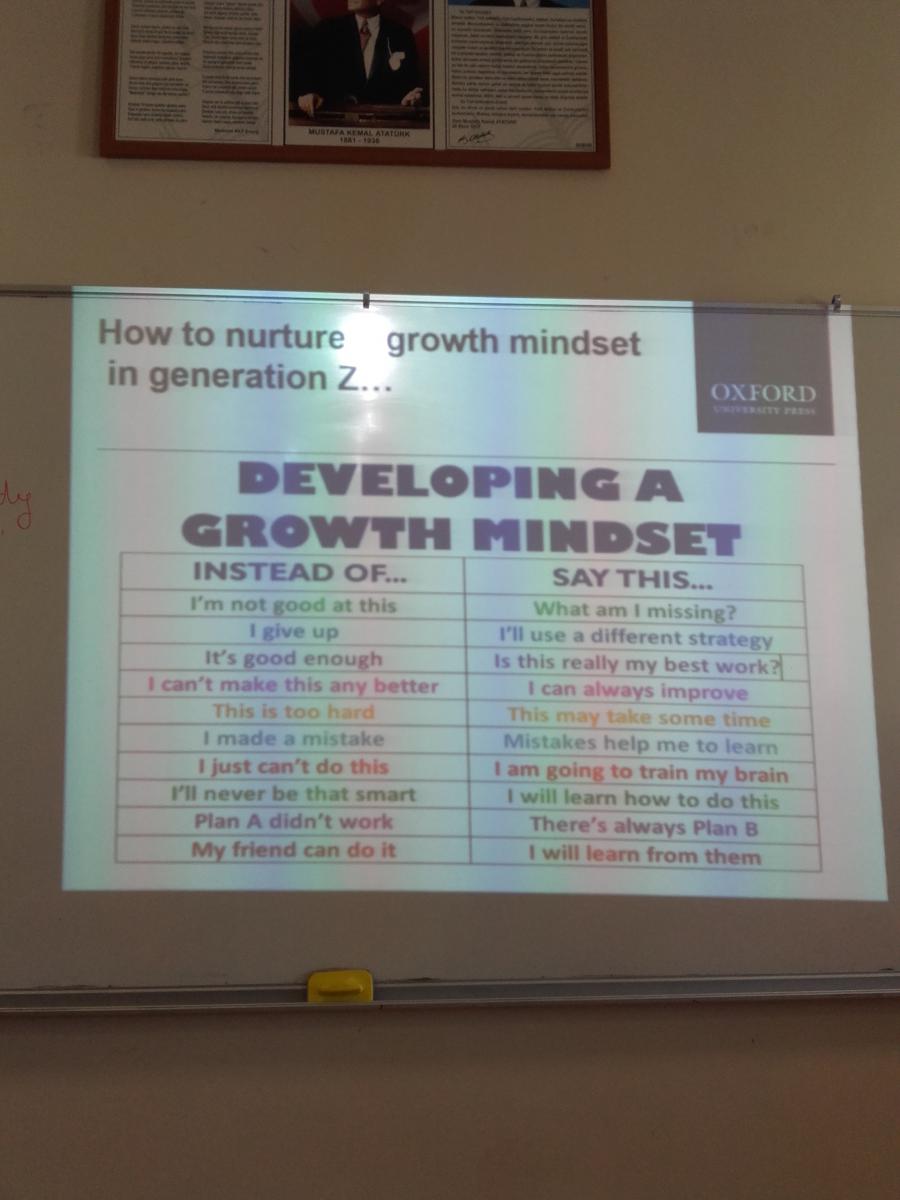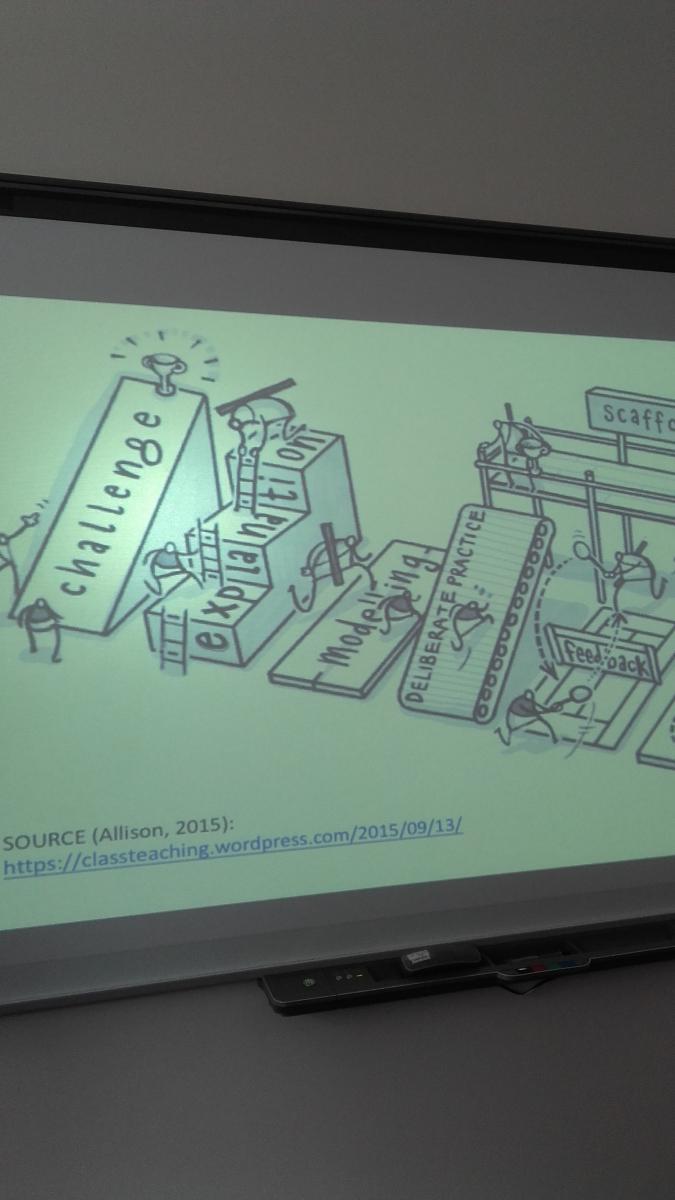From X Gen Teachers to Gen Z Students
From X Gen Teachers to Gen Z Students
A Conference Review
by Eda Saraç
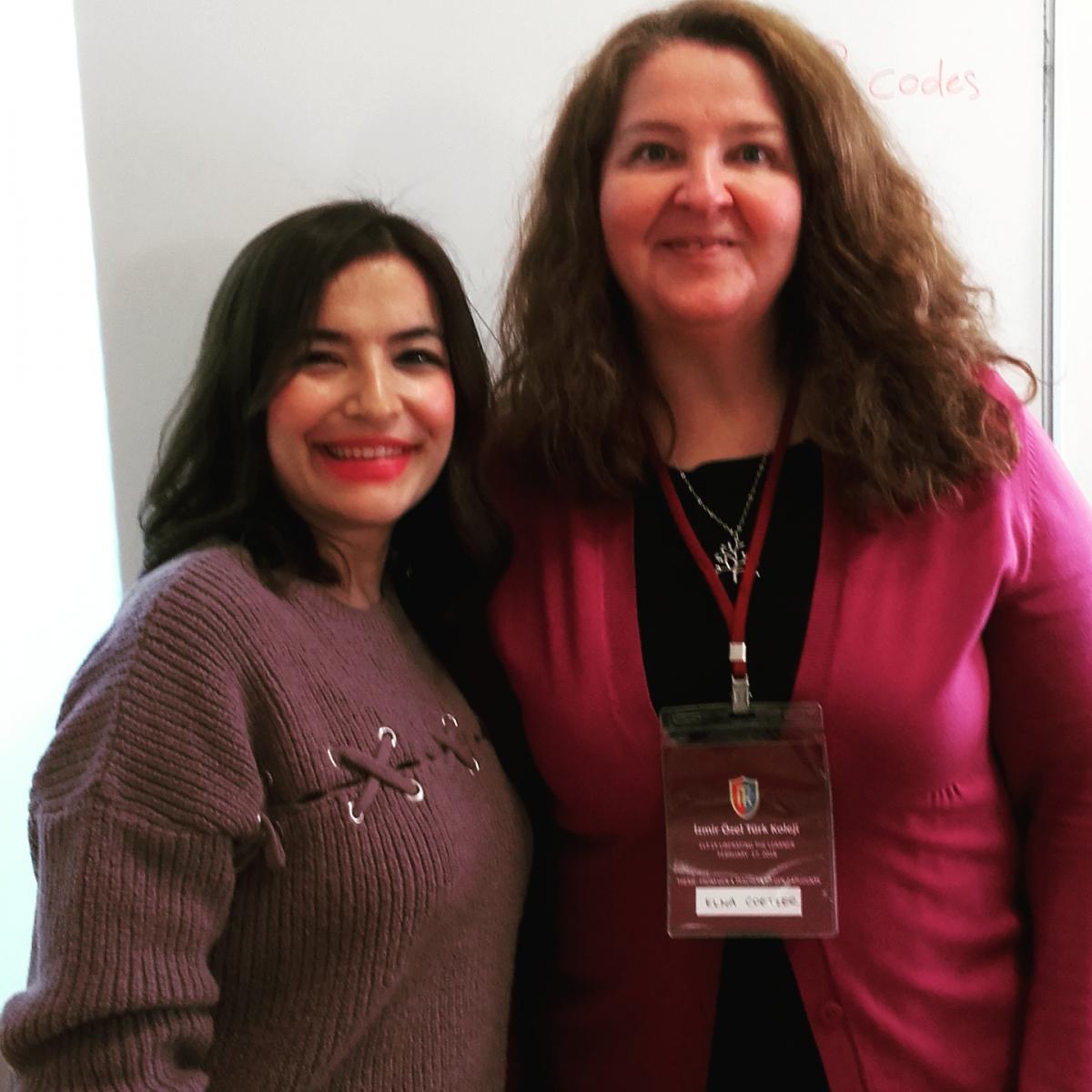
Ozel Turk Koleji in İzmir has a traditional ELT conference going on for so many years. This year, the theme was From X Gen Teachers to Gen Z students and how to liberate the learners. I find Turk Koleji’s approach very innovative and in accordance with our age’s needs and requirements. I joined Elna Coetzer’s workshop and I thought the workshop was very beneficial; therefore, I want to reflect on that particular workshop.
Elna Coezter was my tutor for the Young Learners Certificate of Celta. She mainly talked about positive power of our minds and how to implement it in our daily lives and into our career. Essentially, “people power” means “we got this!”, “we can do it” type of attitude. The subjects regarding “people power” include “how to use our communication skills efficiently”, “the meaning of power in personal relationships” and, eventually “people power in our classrooms.
We can start thinking about our part to understand this subject. Reflect on who you were ten years ago. What were you doing? What was your job? In addition to that, who are you today? (What is your job now? If you have changed, how have you changed? How do our minds go into certain directions? People power concept encourages us to use our minds and free wills effectively. What type of things do we need to consider when we use our people power?
1-) Mindset: Our mindset has an important impact on how we think about ourselves, the way we think about what we can achieve. Mindset really matters. Our mindset sometimes even can explain why brains and talents alone do not bring success, or let us put it this way: How do our minds can set barriers in the way for success?
a) How does teaching a simple idea about the brain raise grades and productivity?
b) Why praising individuals and talent all the time do not bring self-esteem and accomplishment.
2-) A Growth mindset: Somebody with a growth mindset looks at things as changeable things. Somebody with a growth mindset can definitely learn from his or her failures. As teachers, we expect our students to have growing mindsets. How does it help us out? A researcher, Carol Dweck has found out that with students of all ages from early grade school through college, that the growth mindset can be actually taught. Our students’ intellectual skills can actually be cultivated, through their hard work and our support, reading, education, confronting with challenges etc. When they are taught that they can actually learn from their mistakes, they seem much more eager to cope with challenges, to be much more hard working and then eventually they become much ready to cope with challenges.
A person with a growth mindset has a passion for learning, and ready to cope with the challenges on the way. A person with a growth mindset will say, “I am going to train myself and use my full capacity to do this.” Instead of saying, “I am not good at this. I can’t do it.”
How can we use this concept as teachers to improve ourselves and our mind setting? We can of course:
•We should watch our language.
•We should move away from emphasizing scoring correct in the exams and questions is the most crucial thing.
•We should focus on different challenges for ourselves and for our learners.
•We should definitely celebrate our imperfections and encourage deeper thought among our students.
•We should show that we are real people with imperfections and flaws. We should understand and make our learners understand that growing our mindsets is a real process. At the end of the day, what matters is that what we have learned from our experiences and failures.
